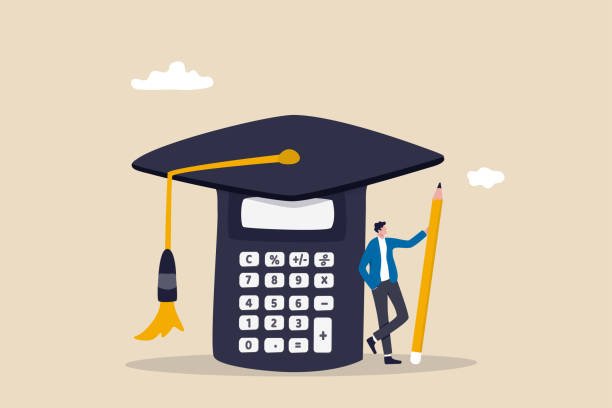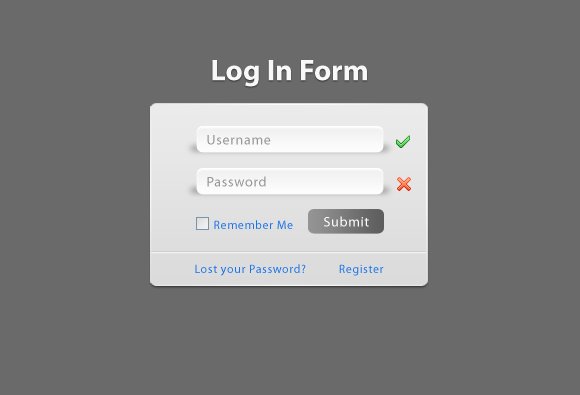Four phases and grades in the department of basic education – South Africa
The Department of Basic Education (DBE) is responsible for schooling, from the Foundation Phase which includes pre-schooling Grade 000 to Grade 0, commonly known as Grade R. Schooling is divided into two stages: the General Education and Training (GET) stage which includes Grades R to 9 and the Further Education and Training (FET) stage which includes Grades 10 to 12. The GET stage is then subdivided into three phases: the Foundation Phase (Grades R to 3), the Intermediate Phase (Grades 4 to 6) and the Senior Phase (Grades 7 to 9).
The DBE shares a concurrent role with the provincial departments for basic schooling, however it is the responsibility of each provincial department to finance and manage its schools directly. Schooling in South Africa is compulsory for learners aged 7 to 16 years.
Four phases and grades in the Department of Basic Education
Let’s break down the four phases and grades within the Department of Basic Education in South Africa:
- Foundation Phase (Grades R-3):
- Grade R (Reception Year): This is the introductory year to formal schooling, usually for children aged 5-6 years. It focuses on developing basic skills in literacy and numeracy, as well as social, emotional, and motor skills.
- Grades 1-3: These are the early primary school years, where the emphasis continues on foundational skills in reading, writing, and mathematics. Children learn through a more structured curriculum but with a strong focus on play-based learning.
- Intermediate Phase (Grades 4-6):
- This phase is for learners typically aged 9 to 12 years. The curriculum broadens to include subjects like Natural Sciences and Social Sciences, alongside core subjects like Mathematics, Language, and Life Skills. The teaching approach becomes more subject-oriented, moving away from the play-based approach of the Foundation Phase.
- Senior Phase (Grades 7-9):
- In this phase, students are typically between 13 and 15 years old. The curriculum further expands, introducing additional subjects such as Technology, Economic and Management Sciences, and Arts and Culture. The focus is on preparing learners for the more specialized subjects they will encounter in the Further Education and Training Phase.
- Further Education and Training (FET) Phase (Grades 10-12):
- This phase is crucial as it prepares learners for higher education, vocational training, or entering the workforce. Students choose a set of subjects aligned with their interests and future career aspirations. These include a mix of compulsory subjects like a Home Language, a First Additional Language, Mathematics or Mathematical Literacy, and Life Orientation, as well as a choice of elective subjects.
Each phase is designed to build on the skills and knowledge acquired in the previous phase, ensuring a comprehensive education system that supports the developmental and academic growth of learners from early childhood through to matriculation.





